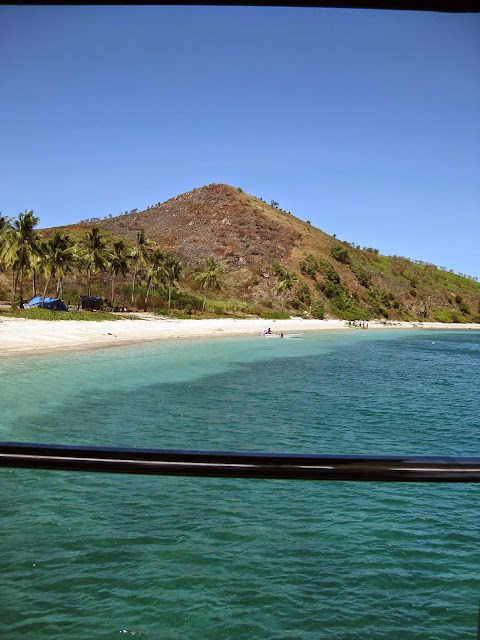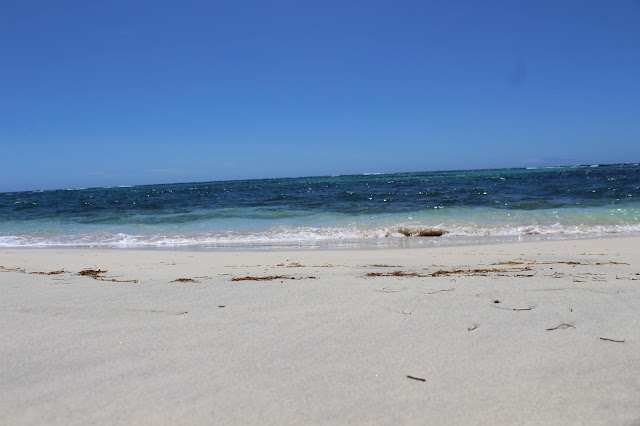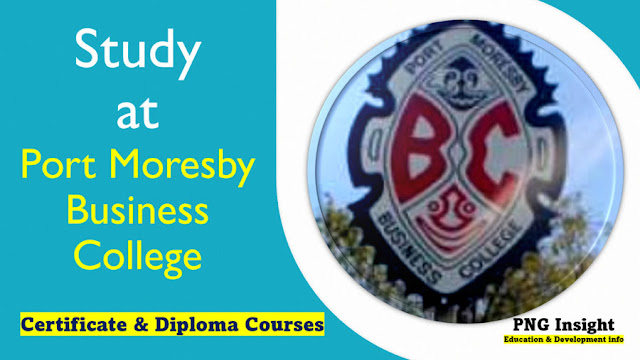Kiriwina Island, located in Papua New Guinea's Milne Bay Province, is the largest and most populous of the Trobriand Islands. With its pristine beaches, crystal-clear waters, and rich cultural heritage, Kiriwina Island is a captivating destination for travellers seeking an off-the-beaten-path adventure.
Whether you arrive on a cruise ship or as an independent traveller, there are plenty of beautiful things to see and do on this enchanting island.
Immerse Yourself in the Local Culture
One of the highlights of visiting Kiriwina Island is the opportunity to immerse yourself in the local culture. The inhabitants of the island, with their long-held belief systems and unique traditions, offer a glimpse into a way of life that is deeply connected to their ancestral spirits.
The locals believe in ancestral spirits, and they use magic spells for various purposes, including becoming more attractive. The island has specific social roles, such as a paramount chief and a rainmaker, which are integral to the local society.
One of the most intriguing aspects of Trobriand culture is their use of yams as a form of currency. You will find yam houses scattered across the island, and yams are highly valued and traded among the locals.
Another fascinating cultural experience is witnessing the local version of cricket, which has elements derived from their traditional battle rituals. The game often involves songs, dances, and bawdy taunting of opponents, making it a unique and entertaining spectacle.
Here are some facts about Australia and Papua New Guinea that will blow your mind, find out.
Interact with Friendly Locals
The locals of Kiriwina Island are known for their warmth and friendliness, and interacting with them is a highlight of any visit.
You can hire a local guide to take you around the village and introduce you to the island's unique culture.
The guides are knowledgeable and passionate about their heritage, and they can provide insights into the local customs, traditions, and daily life.
Visiting the village also provides an opportunity to support the local community. Fishing lines, hooks, and school supplies are greatly appreciated as donations, and they can make a meaningful impact on the lives of the locals.
Interacting with the friendly locals and learning about their way of life is a memorable and enriching experience that will leave a lasting impression.
Immerse in the Cultural Richness
One of the highlights of visiting Kiriwina Island is the opportunity to immerse yourself in the local culture.
The island is known for its unique customs and traditions, which have been passed down through generations. The locals are warm and welcoming, and you can engage with them to learn about their way of life.
A guided tour of the village is a great way to gain insights into the local culture. You can visit the yam huts, which act like banks on the island as yams are considered a valuable form of currency.
You can also explore the skull cave, where you can see ancestral remains and learn about the local beliefs surrounding life and death. Additionally, you can visit the schoolhouse and interact with the local children, gaining an understanding of their education system.
Interacting with the locals is a fantastic opportunity to learn about their traditional practices, such as their unique version of cricket.
The Trobriand Islanders have their own style of cricket that incorporates elements of their battle rituals, with songs, dances, and bawdy taunting of opponents. You can witness this intriguing spectacle and even join in the fun, as the locals are known for their friendly and inclusive nature.
(PNG is one of the best surfing hotspots in the Pacific. Check out this article for the Surfing Papua New Guinea)
Appreciate Local Handicrafts
Kiriwina Island is also known for its local handicrafts, which make for unique souvenirs to take back home. You can find stalls selling intricate trinkets and jewellery made from shells, as well as carved wooden items such as walking sticks.
The craftsmanship of these items is a testament to the skills of the local artisans, who use ebony wood, known for its difficulty in carving, to create intricate designs.
Supporting the local economy by purchasing these handicrafts not only allows you to take home a piece of Kiriwina Island but also contributes to the livelihood of the local communities.
It's a great way to appreciate and support the local culture while bringing back a unique memento of your visit.
Explore the Natural Beauty
Kiriwina Island is blessed with stunning natural beauty that is worth exploring during your visit. From pristine beaches to lush rainforests, there are plenty of outdoor activities to enjoy.
Kaibola Beach, located on the northern part of the island, is a vision of white sands and clear waters.
You can relax on the beach, take a dip in the crystal-clear waters, or snorkel and dive to explore the colourful coral reefs teeming with marine life.
The underwater world of Kiriwina Island is a paradise for snorkelers and divers, with vibrant corals, tropical fish, and other marine creatures to discover.
For the more adventurous, a hike to Kalopa Cave is a unique experience. This series of deep burial caves contain skeletal remains and is steeped in local legend.
According to folklore, the cave is the resting place of Dokanikani, a giant whose bones are said to lie with those of his victims. Exploring the caves and learning about the local beliefs and customs surrounding them can be a fascinating cultural experience.

Practical Tips for Visiting Kiriwina Island on a Cruise
Here are some practical tips to keep in mind when visiting Kiriwina Island on a cruise:
- Wear light and breathable clothing, as the weather on Kiriwina Island is hot and humid throughout the year. Don't forget to bring a hat and sunscreen to protect yourself from the sun.
- Bring your own reusable water bottle to stay hydrated, as plastics are discouraged on the island due to environmental concerns.
- If you plan to go snorkelling, bring your own gear as there are no places to rent equipment on the island.
- Exchange some Kina, the local currency, before arriving on the island, as not all vendors may accept foreign currencies or credit cards. It's also a good idea to carry small denominations for easier transactions.
- Respect the local customs and traditions. The Trobriand Islanders have their own unique culture, and it's important to be mindful and respectful of their customs, beliefs, and way of life. Ask for permission before taking photos of locals, and avoid disrespectful behaviour or actions.
- Follow eco-friendly practices. Kiriwina Island is known for its pristine natural beauty, and it's important to help preserve it. Avoid littering, use reusable containers and bags, and be conscious of your impact on the environment during your visit.
- Stay hydrated and use sunscreen. The tropical climate of Kiriwina Island can be hot and humid, so make sure to drink plenty of water and apply sunscreen regularly to protect yourself from the sun's rays.
- Follow safety guidelines for water activities. If you plan to go swimming, snorkelling, or diving, always follow safety guidelines and listen to the instructions of local guides. Be aware of currents, tides, and other potential hazards in the water.
- Be prepared for limited amenities. Kiriwina Island is a remote location, and the amenities may be basic. Be prepared for limited access to the internet, electricity, and other modern conveniences. It's a good idea to bring essentials like insect repellent, a flashlight, and any necessary medications.
- Respect the marine environment. Kiriwina Island is home to a fragile marine ecosystem, so make sure to practice responsible snorkelling and diving, and avoid damaging corals or disturbing marine life.
Conclusion
Visiting Kiriwina Island on a cruise is a unique and enriching experience. From the stunning natural beauty to the rich cultural heritage of the Trobriand Islanders, there is much to explore and appreciate on this remote island.
By immersing yourself in the local culture, enjoying water activities, appreciating local handicrafts, and following responsible tourism practices, you can make your visit to Kiriwina Island a memorable and sustainable one.
FAQs
5 FAQs about visiting Kiriwina Island that Cruise Ship tourists should know, in question and answer format
Q: Can I use foreign currency or credit cards on Kiriwina Island?
A: It's recommended to exchange some local currency, Kina, before arriving on Kiriwina Island as not all vendors may accept foreign currencies or credit cards.
Q: Are there any cultural customs or traditions I should be aware of as a tourist visiting Kiriwina Island?
A: Yes, it's important to respect the local customs and traditions of the Trobriand Islanders. Ask for permission before taking photos of locals, and be mindful and respectful of their customs, beliefs, and way of life.
Q: What amenities can I expect on Kiriwina Island?
A: Kiriwina Island is a remote location, and amenities may be basic. Be prepared for limited access to the internet, electricity, and other modern conveniences. It's advisable to bring essentials like insect repellent, a flashlight, and any necessary medications.
Q: What water activities can I enjoy on Kiriwina Island?
A: Kiriwina Island offers opportunities for swimming, snorkelling, and diving in its pristine waters. However, it's important to follow safety guidelines and instructions from local guides to ensure a safe and enjoyable experience.
Q: How can I contribute to sustainable tourism on Kiriwina Island?
A: To promote sustainable tourism, it's essential to practice responsible tourism practices on Kiriwina Island. This includes respecting the local culture, avoiding littering, using reusable containers and bags, and being conscious of your impact on the environment. Additionally, being respectful of the marine ecosystem by practising responsible snorkelling and diving can help protect the fragile marine environment of Kiriwina Island.















